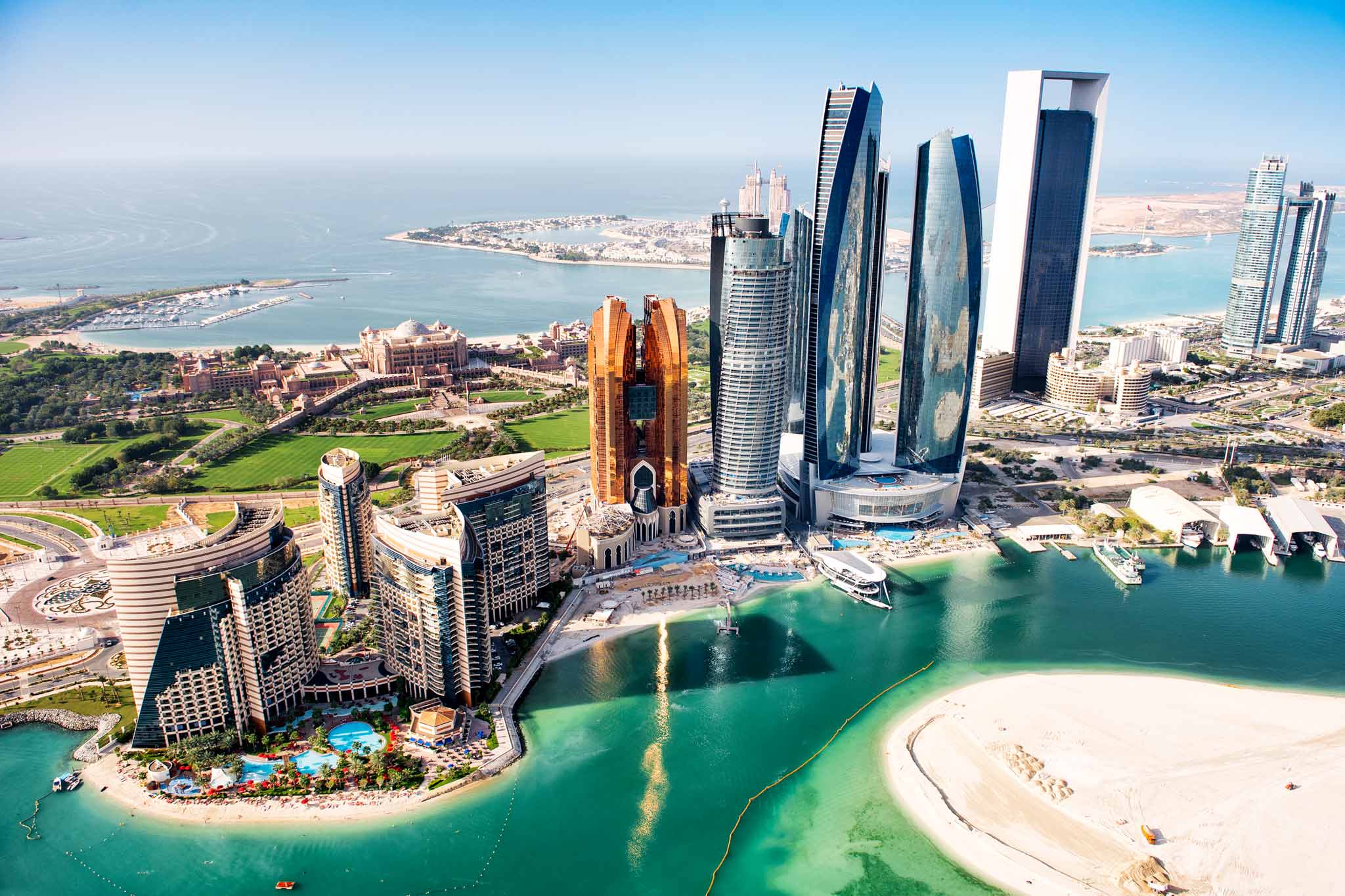Since the founding of the modern state of Botswana in 1966 and the significant discovery of a diamond mine by De Beers the following year, the country’s economic growth and stability have rested on one key pillar: the diamond industry. Mining the precious stone over the course of more than half a century had come to account for a quarter of Botswana’s GDP, a third of tax revenues and around eighty per cent of exports by sales value. The bounty of this sector also helped deliver the nation’s modern infrastructure and generate significant employment opportunities, elevating Botswana into the same upper-middle-income bracket as its neighbour, South Africa.
In recent years, however, things have undergone significant changes. The once-strong demand for the glistening gem has been in a precipitous decline worldwide, and lab-grown diamonds have further suppressed its value. Botswana understands it must embark on a journey of diversifying its economy, just as the once economically oil-dependent Arab states have been making huge strides in doing so. Among the new opportunities it seeks to mine for its future economic success, one where it sees scope for significant growth is its fledgling meetings industry.
“Botswana has strong potential to become a premier destination for the business events industry in Africa,” says Keitumetse Setlang, Chief Executive Officer of the Botswana Tourism Organisation (BTO). “There is political support for business events as part of the economic transformation and tourism diversification agenda, and the sector is embedded in strategies like the National Tourism Policy and Economic Recovery and Transformation Plan (ERTP). With a stable political environment, a sound regulatory framework, and a growing commitment to economic diversification, the country is well-positioned to attract regional and international conferences, exhibitions, and incentive events.”
Geographically, Botswana stretches over an area equivalent to that of France but with a population of just 2.4 million – ten per cent of whom live in the capital city of Gaborone. To better help position the country as a business event destination, the land-locked African nation has extracted meetings from broader economic and tourism strategies to give it a more bespoke, standalone focus.
Botswana’s business event strategy is structured around six core pillars to attract and retain business events. These are infrastructure development, destination marketing and branding, strategic partnerships, policy and incentives, capacity building, and product diversification.
“The goal of these pillars is to upgrade and expand conference venues, hotels, and connectivity infrastructure, and to position Botswana as an authentic and sustainable business event destination. Furthermore, to leverage regional bodies, global associations, and the private sector, and to create enabling frameworks and incentives to support bid wins and event hosting. Also, to develop skilled professionals and service providers to support world-class business events delivery, but also to blend business events with leisure, culture, and conservation experiences.”
“Legacy is also fundamental for us … We aim to host events that yield lasting benefits in terms of policy influence and knowledge transfer”
Concentrated predominantly in Gaborone, the current meeting infrastructure includes some established and high-quality venues, such as the Gaborone International Conference Centre, which has a capacity of 1,800 delegates, and the Royal Aria Convention Centre, with a capacity of 1,600 delegates. There is a third conference facility on the University of Botswana campus in the city, as well as a network of several smaller conference centres spread throughout the city. While these venues have, until now, principally served domestic meeting demand, there is a recognition that expanding infrastructure to properly enhance the sector for a more regional and global market will be just one of a suite of challenges to address.
“Our main challenges are a limited purpose-built conference infrastructure, air access constraints and an immature business event ecosystem. Gaborone lacks a large-scale, modern convention centre that can host global congresses, and there are few direct international flights, which limits Botswana’s accessibility for global delegates. There is also a shortage of experienced local event organisers, logistics providers and skilled technical staff,” says Keitumetse Setlang.
With a large-scale modern convention centre and improved air accessibility on the medium- to longer-term strategic horizon, Botswana Tourism Organisation has been focused on tackling some of the more immediate issues constraining Botswana from being a more popular choice for meetings, a crucial one being the need for proper knowledge of the country.
“Common perceptions include a lack of awareness about infrastructure capacity, logistical convenience, and event delivery standards. To address this, we’re enhancing Botswana’s digital presence and content in business events directories, strengthening testimonials and case studies from successfully hosted events, and encouraging familiarisation trips and strategic media partnerships.”
Alongside boosting Botswana’s profile to a broader audience, Botswana Tourism Organisation has also been taking action to weave together the tapestry of the country’s meeting industry agents by identifying key growth sectors and engaging associations aligned with them.
The sectors central to Botswana’s association and conference landscape include mining and energy, tourism, conservation and the environment, health and medical research, education and academic research, finance and economic development, information and communications technology, innovation, and the digital economy.
“These sectors align with Botswana’s strategic development priorities and consistently attract regional collaboration, policy dialogues and knowledge exchange platforms. BTO has begun mapping local and regional associations aligned with priority sectors, developing engagement toolkits and bid support mechanisms, and participating in association-driven expos and networking forums.
“BTO is also working to strengthen its engagement with universities, hospitals, companies and small, medium, and micro enterprises, especially through multi-sectoral committees and targeted business tourism campaigns. Business events are critical for the economy at large, as the sector drives high-value tourism, stimulates job creation, and supports skills transfer.”
While the direct and indirect economic benefits of a well-developed meeting industry have been extensively recorded, much of today’s conversation is on its sustainability and legacy impacts, areas that are also entirely on Botswana’s radar as it forges ahead to attain its ambitions.
“The vision is to position Botswana as a leading African destination for sustainable, high-impact business events”
Sustainability is a core tenet of Botswana’s tourism brand. Current efforts include encouraging eco-certified venues and promoting green event standards, advocating for the use of local suppliers and community-based tourism for event activities, and designing bid documents to highlight Botswana’s conservation leadership and low-impact tourism model. These sustainability credentials are communicated directly to organisers, and embedded in Botswana’s business events value proposition.
“Legacy is also fundamental for us. We aim to host events that yield lasting benefits in terms of policy influence and knowledge transfer, such as those held through think tanks or policy forums. Or skills development and entrepreneurship, like training workshops for local suppliers, community empowerment, such as sourcing from small, medium and micro enterprises and community-based organisations, and destination branding and long-term return visitation.”
Long-term returns are a key intention for Botswana’s meeting industry development. With that in mind, several additional areas remain for the tourism organisation to address, ensuring their offer is comprehensive and enduring for potential future clients, as well as identifying the best channel for engaging with them.
“Key questions are: how can we build a sustainable and competitive business events ecosystem that supports job creation and economic diversification, what institutional frameworks and investment models will accelerate infrastructure development and capacity building, and how can we strengthen our bid-winning capability to secure regional and international events.
“A dedicated convention bureau is under consideration, which will focus exclusively on promoting, bidding for, and coordinating business events. It will enable more agile, industry-driven engagement with global and continental associations.”
With much work already underway, and more in the pipeline, the Botswana Tourism Organisation is confident about the future of the country’s meetings industry and clear on how it wants to be perceived in the near future.
“The vision is to position Botswana as a leading African destination for sustainable, high-impact business events that combine exceptional infrastructure, cultural authenticity, and natural beauty. Gaborone will be home to a state-of-the-art convention centre, while cities like Maun, Kasane, and Francistown will offer niche, destination-driven events. The sector will support thousands of jobs, drive cross-border collaboration, and position Botswana as a top choice for high-level summits, knowledge forums, and incentive travel globally.”
The country’s aspiration is to be recognised for hosting world-class events that contribute to knowledge creation, investment attraction and regional integration, supported by an agile ecosystem and professional delivery standards.
“By 2030, Botswana will be a recognised leader in sustainable, experience-rich business events in Africa.”



